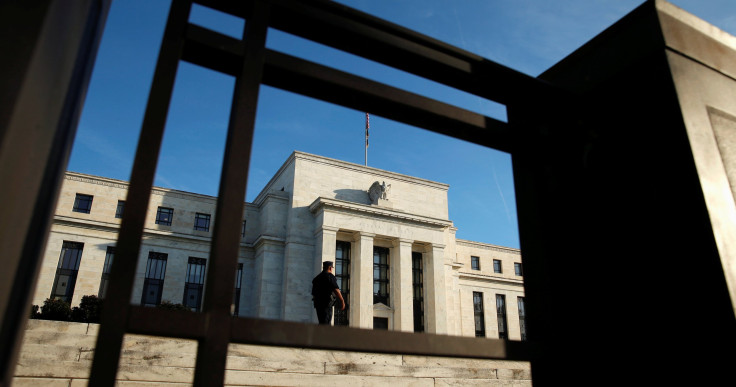New Banking Regulations Would Force Financial Institutions To Bail Themselves Out

Following the 2008 financial crisis, major banks deemed “too big to fail” received a $700 billion steadying hand from the federal government as they stumbled and fell. That aid ultimately helped the financial industry get back onto steadier feet as the economy in general eventually stabilized and began to make improvements.
Many Americans, however, were pretty mad (and have remained so during the 2016 presidential election cycle) that their tax dollars went to help finance industry giants while the little guys struggled at the bottom. Now, regulators are considering a new way to bail banks out should they ever need the help again: Make them bail themselves out.
To do that, the Federal Reserve is encouraging banks to set up so-called “living wills” that would make it easier for them to dismantle their various working parts in times of crisis so that smaller businesses within the parent organization can continue to run even if the broader company has to file for bankruptcy, according to a Wall Street Journal report Wednesday. That way, market chaos that causes deep economic harm could be avoided.
Part of that is a small structural change implemented last week that would require a holding company that exists between the parent companies and their subsidiaries. Those companies would manage resources when the bigger country is in crisis mode.
Three of the biggest banks in the country, J.P. Morgan Chase & Co., Bank of America, and Citigroup Inc. told the Journal that they either had already created one of those organizations, were planning on doing so or had made changes to an existing subsidiary to perform that role.
While the U.S. pumped $700 billion in bailout cash soon after the recession began in 2008, analysts have noted that the total commitment to fixing the economy that was made necessary by these banks is much bigger, at $16.8 trillion. The government has so far only paid out $4.7 trillion of that total, according to Forbes.
© Copyright IBTimes 2024. All rights reserved.






















